Health experts are almost unanimous in agreement that sugar and artificial sweeteners are bad for your health, but they are divided on the health benefits and risks of natural sugar substitutes. Yes, sugar substitutes contain a lot of fructose, but they also contain many important nutrients. We all know that we can't live in a completely sugar-free world, so we'll explore some of the "healthier" alternatives and what to watch out for.
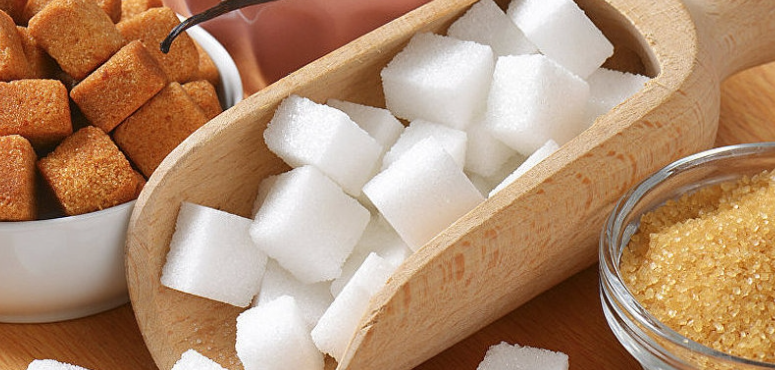
Monk fruit sugar and its extract, mogroside, are the best sucrose substitutes. As food, mogroside is safe and non-toxic. According to the national mandatory standard "GB2760 Food Additive Usage Standard", monk fruit sweet can be used in all kinds of food without limit. The sweetness of monk fruit is about 240 times that of sucrose, but it has no calories, no effect on blood sugar, and has the benefits of anti-oxidation and blood sugar balance. It is the number one sucrose substitute.
Honey
It is recommended to buy natural mature honey and raw honey (preferably local honey). The bad news about honey is that its fructose content is about 50%; the good news is that honey is rich in antioxidants.
Maple sugar
Maple syrup contains riboflavin, small amounts of calcium and zinc, and 24 different antioxidants.
Molasses
Molasses is what is left over from the refining of sugar cane into white sugar. Molasses provides high amounts of calcium, iron, magnesium, potassium, and vitamin B6. Blackstrap Molasses Blackstrap molasses contains essential vitamins and minerals such as vitamin B6, calcium, manganese, magnesium, potassium, iron, and selenium. Molasses can help relieve PMS symptoms, stabilize blood sugar levels, improve bone health, treat ADHD symptoms, and promote skin health. Studies have shown that children with ADHD are also deficient in zinc, magnesium, calcium, and iron, which helps support brain function and makes blackstrap molasses a great alternative to refined sugar.
Stevia
Stevia is a calorie-free, all-natural sweetener derived from the leaves of a flowering plant. Stevia has anti-inflammatory and immune-boosting properties. But stevia may cause an allergic reaction. If you are allergic to any plant in the Cerambyceae family, such as daisies, reeds, chrysanthemums, and sunflowers, do not use stevia.
Xylitol
Xylitol is a sugar alcohol, or polyol. Sugar alcohols are not as sweet as sugar and contain fewer calories. Studies show that xylitol can improve blood sugar, glucose tolerance, and insulin levels. Sugar alcohols have their own disadvantages, such as bloating, gas, and diarrhea, but the "side effects" of consuming pure xylitol are minimal.
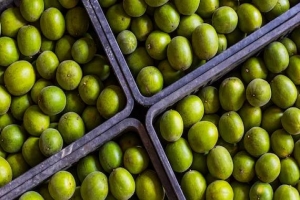 The regulation of Monk Fruit Extract (also known as Luo Han Guo extract) varies across different cou
The regulation of Monk Fruit Extract (also known as Luo Han Guo extract) varies across different cou
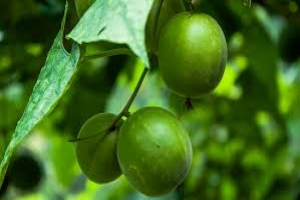 Health Canada Approves Monk Fruit Extract as a Natural Sweetener
Health Canada Approves Monk Fruit Extract as a Natural Sweetener
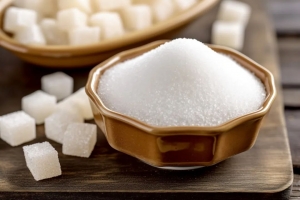 New Breakthrough in Allulose: A Healthier Sugar Alternative Gains Momentum
New Breakthrough in Allulose: A Healthier Sugar Alternative Gains Momentum
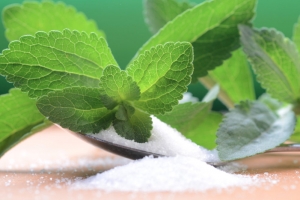 Understanding Reb-M: The Benefits of a Next-Generation Sweetener
Understanding Reb-M: The Benefits of a Next-Generation Sweetener